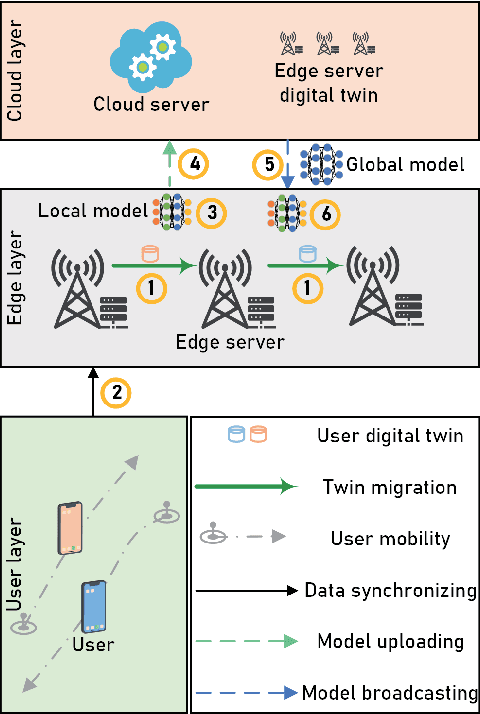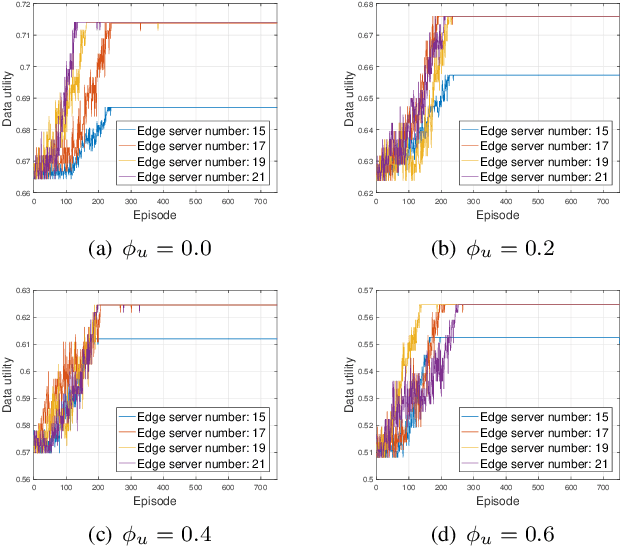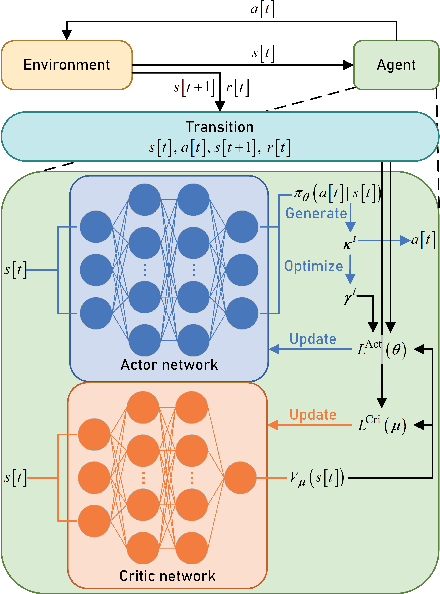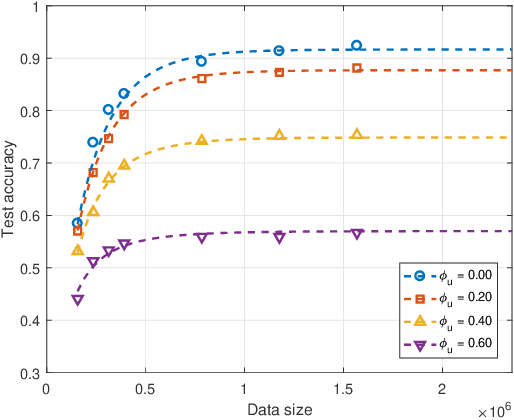Energy-Efficient Federated Learning and Migration in Digital Twin Edge Networks
Paper and Code
Mar 20, 2025



The digital twin edge network (DITEN) is a significant paradigm in the sixth-generation wireless system (6G) that aims to organize well-developed infrastructures to meet the requirements of evolving application scenarios. However, the impact of the interaction between the long-term DITEN maintenance and detailed digital twin tasks, which often entail privacy considerations, is commonly overlooked in current research. This paper addresses this issue by introducing a problem of digital twin association and historical data allocation for a federated learning (FL) task within DITEN. To achieve this goal, we start by introducing a closed-form function to predict the training accuracy of the FL task, referring to it as the data utility. Subsequently, we carry out comprehensive convergence analyses on the proposed FL methodology. Our objective is to jointly optimize the data utility of the digital twin-empowered FL task and the energy costs incurred by the long-term DITEN maintenance, encompassing FL model training, data synchronization, and twin migration. To tackle the aforementioned challenge, we present an optimization-driven learning algorithm that effectively identifies optimized solutions for the formulated problem. Numerical results demonstrate that our proposed algorithm outperforms various baseline approaches.
 Add to Chrome
Add to Chrome Add to Firefox
Add to Firefox Add to Edge
Add to Edge